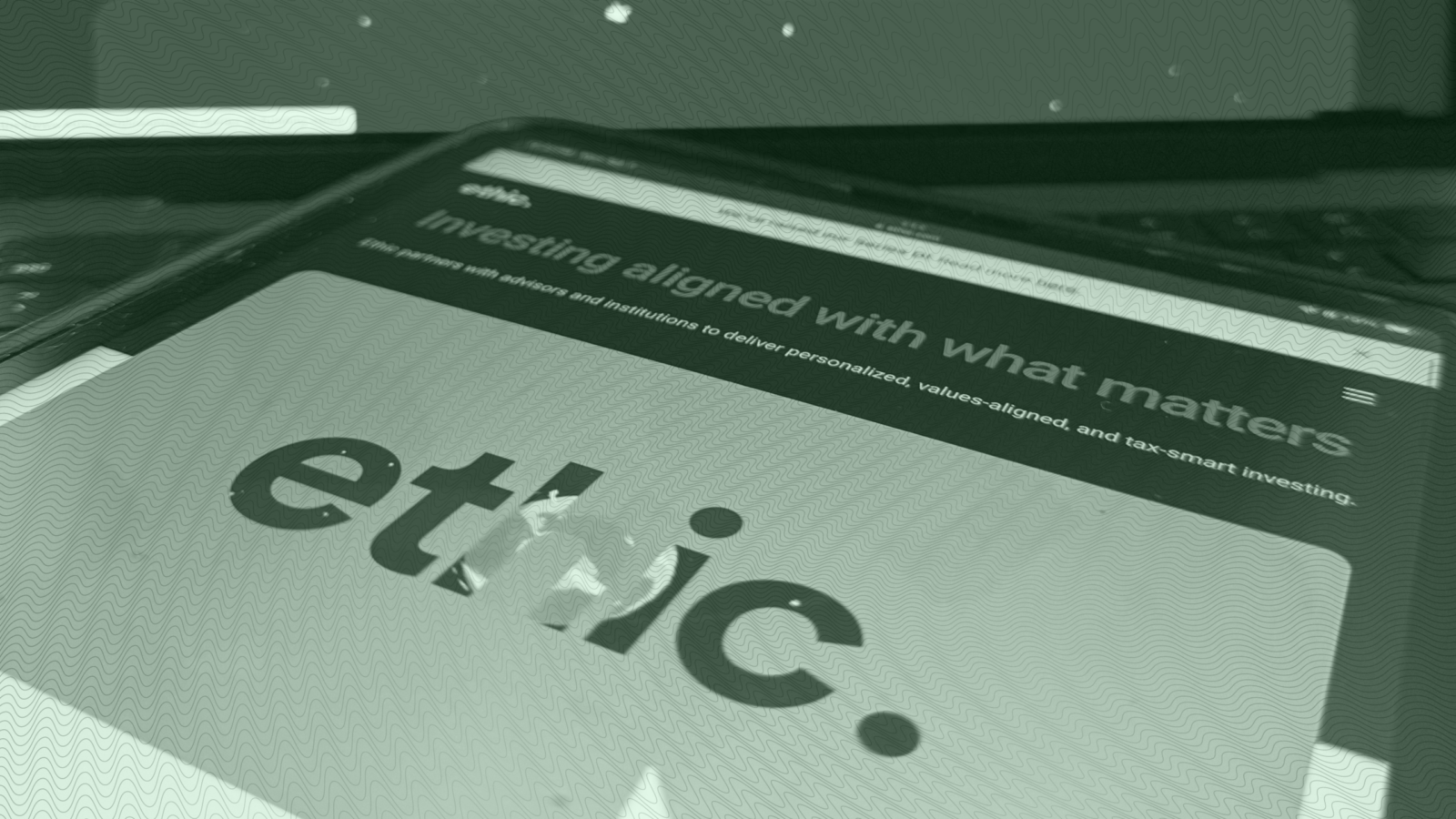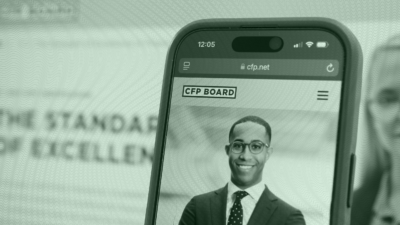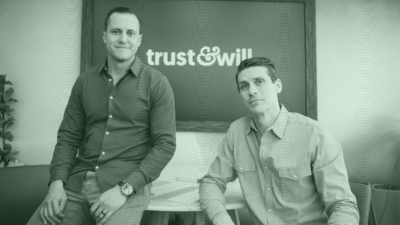Microsoft Thinks AI Will Upend Financial Advice. Advisors Say Not So Fast
Can artificial intelligence reshape an industry that prides itself on building trusted relationships with clients?

Sign up for market insights, wealth management practice essentials and industry updates.
AI might soon eat wealth managers’ lunch — but only the stuff they weren’t planning on eating anyway.
Artificial intelligence is expected to transform the financial advice business in the coming years by gobbling up vast quantities of financial data and making it possible for just a handful of people to tackle the work of entire teams at traditional banks, said Martin Moeller, Microsoft’s head of AI for financial services in EMEA. That will allow upstarts to compete with much larger incumbents and eventually upend the balance of power in the brokerage industry, he told Reuters. However, advisors say AI will tackle the boring stuff, like note-taking and data gathering, and free up more of their time to spend with clients.
So, can AI reshape an industry that prides itself on building trusted relationships? “AI is not going to replace people,” CFP Board chief executive Kevin Keller told The Daily Upside. “AI will replace people who don’t know how to use AI.”
Don’t You AI Me
It’s not just Microsoft sounding the AI alarm. Wall Street powerhouses, like Goldman, JPMorgan and Citigroup, expect to significantly downsize global staff in the coming years, which will reshape banking operations and significantly increase revenues. A January Bloomberg survey found:
- Firms could bring in more than $180 billion over the next five years as AI juices efficiency and profits increase by up to 17%.
- Executives expect to axe about 3% of their global workforce over that time, leading to the loss of 200,000 jobs. Some firms said cuts could be closer to 10%.
Then there’s, so-called agentic AI, which could allow the algorithms to make investment management decisions, without human intervention, in the next two years, per Moeller (though you probably shouldn’t trust AI agents to even handle your Instacart orders just yet, as one Washington Post reporter found out the hard way). If true, that would allow banks that have only dabbled in wealth management to enter the business without having to invest in human capital.
I’m Not a Robot. Advisors on the ground aren’t convinced. Sure, the industry will get more efficient as AI works its way into the everyday, but it’s still fundamentally a relationship business. “There are parts of what I do as an advisor that are now easier and more efficient, giving me time to go deeper into how I can help a client,” said CFP Board chairperson Liz Miller. “But, at a certain point, clients are coming to me because they do want to speak to a human.”
Advisors simply fill a different need for clients and can have significant impacts on life-changing decisions, like retirement, home buying, or estate planning. Those goals are simply too important to hand off to an AI. “They don’t really trust an online calculator,” she told The Daily Upside.











